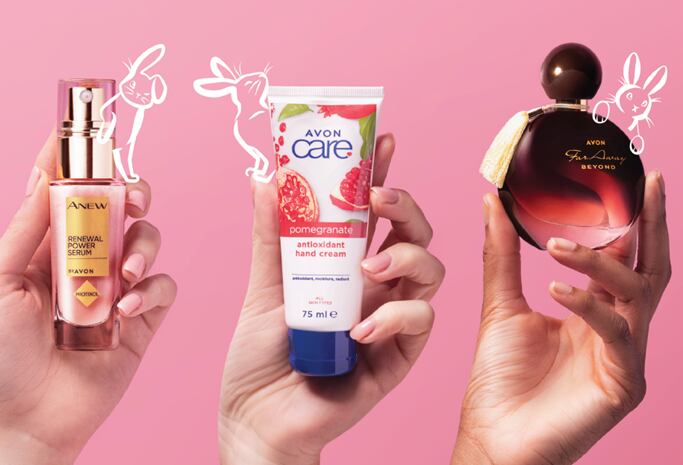The European Commission was presented with the European Citizens' Initiative (ECI) ‘Save Cruelty-Free Cosmetics – Commit to a Europe without Animal Testing' in January this year and has now responded by outlining three main initiatives on how it plans to further reduce animal testing.
Its new roadmap includes actions to protect and strengthen the cosmetics animal testing ban; a plan to transform EU chemicals legislation; and the aim of modernising science in the EU.
Testing on animals for the purpose of cosmetic ingredients has been banned in the EU since March 2009 and in March 2013 another ban was enforced to ensure cosmetic ingredients not be tested elsewhere in the world, too.
However, this legislation is not entirely straightforward. As many animal charities and cosmetics brands have pointed out, to meet the requirements of another law, the EU’s REACH chemicals regulation safety tests, animals testing still be carried out.
The contradictions between these two pieces of legislation are currently being assessed in two cases before the Court of Justice of the European Union. The Commission will consider the outcome of the cases before making any potential changes to legislation.
Reducing and eliminating animal testing
As part of its commitment to reducing and potentially eliminating animal testing in the context of chemicals legislation, the Commission now says it “will work together with all relevant parties on a roadmap towards chemical safety assessments that are free from animal testing.”
The roadmap will “serve as a guiding framework for future actions and initiatives aimed at reducing and ultimately eliminating animal testing in the context of chemicals legislation within the European Union.”
The Commission is also proposing to initiate research, education and training to accelerate the reduction of animal testing. It said it will potentially coordinate with Member States and national authorities in this field, to offer exploratory workshops and new training initiatives for early-career scientists.
Although it firmly says that it “does not share the view that a legislative proposal is required to reach the goal of phasing out the use of animals in research, training and education,” it adds that it will continue to strongly support the development of alternative approaches with appropriate funding.
“Experimentation on animals has no place in modern society”
ECIs allow EU citizens to invite the Commission to propose legal action. For the European Commission to consider the request, a minimum of one million signatures need to be gathered from citizens across at least seven EU Member States.
The organisers of the ECI for Save Cruelty-Free Cosmetics collected 1,217,916 signatures of support between 31 August 2021 and 31 August 2022.
The ECI was supported by many cosmetics companies too, including Unilever, Lush and The Body Shop.
It is the fifth successful initiative concerning animal welfare or the environment.
Chair of the ECI organising committee, Sabrina Engel said: “The people of Europe have made it clear that experimentation on animals has no place in our modern society. While we welcome positive actions to replace the use of animals in experiments and chemicals tests, we wholly condemn the Commission for failing to end the suffering of thousands of animals used in cosmetics tests."
Engel stated that the Commission must now propose meaningful changes to existing legislation and policies to set member states, regulators, and assessment bodies on the path to phasing out all uses of animals in laboratories.
CEO at NGO Cruelty Free international, Michelle Thew, said: “While we welcome positive actions to replace the use of animals in experiments and chemicals tests, it is outrageous that the cosmetics testing ban that we fought so hard for, and European citizens voted to protect, is being made effectively meaningless.
She continued: “The European Commission has ignored the demands of 1.2 million people and condemned more animals to needlessly suffer in the name of beauty. The people of Europe have made it clear that experimentation on animals has no place in modern society, whether for cosmetics or any other product.”
Beauty companies like Unilever who heavily supported the ECI, also feel the Commission could be doing more to prevent animal testing. Unilever’s Global Head of Safety, Environmental and Regulatory Sciences, Dr Julia Fentem, said: “The EU’s ban on animal testing for cosmetics was a pioneering step when it launched and we welcome the European Commission's commitment to continue phasing out animal testing in response to the ECI.”
“However, the failure to uphold the cosmetics animal testing ban, which received such incredible support from citizens across Europe, is shocking and difficult to justify,” she adds. “Consequently, the struggle to save cruelty-free cosmetics through enabling regulatory adoption of modern non-animal safety science must continue.”




